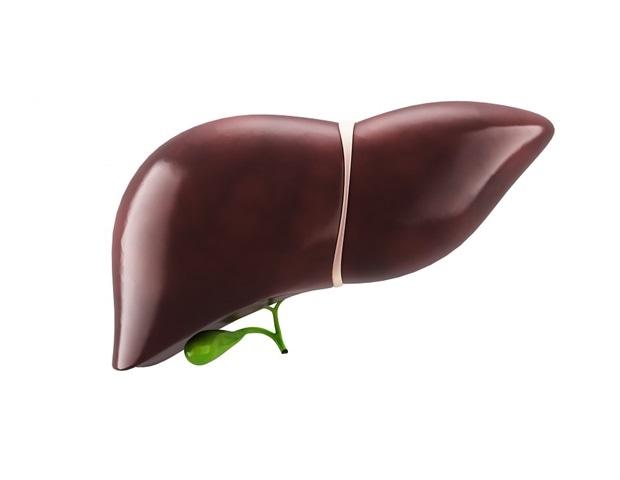


Cystic fibrosis is one of the most common genetic disorders, causing thick mucus build-up in the lungs and other parts of the body, breathing problems, and...



In a recent study published in Cell, a group of researchers elucidated the shared immune tolerance mechanisms in cancer and pregnancy, focusing on the role of...



In chronic hepatitis B, the liver contains immune cells that could destroy hepatitis B virus infected cells but are inactive. A team from the Technical University...



Scientists have found that 93% of the lipids in brain tissue are distributed differently in the white and gray matter, the subcortex, the visual and motor...



Two University of Oklahoma researchers have been awarded more than $2 million in grants from the Hevolution Foundation to further their studies on age-related cognitive impairment,...



While distress is well-documented in patients with sickle cell disease, sources of distress and how patients manage distress have not been well explored. Our study...



In a recent study published in the journal PLOS Biology, researchers in France investigated the cellular function and antiviral role of human SAMD9L and its paralog...



Bowel cancer cells have the ability to regulate their growth using a genetic on-off switch to maximize their chances of survival, a phenomenon that’s been observed...



In a recent study published in IScience, a team of researchers from the United States examined the impact of heparan-sulfate-modified proteoglycans (HSPGs) on Alzheimer’s disease-associated pathways...



HIV, Ebola and most recently, COVID-19 viruses have had an enormous impact on our societies world-wide. All these viruses are ‘enveloped viruses,’ viruses that have an...



In the gut, dozens of strains of bacteria exert different effects on the immune system that in turn impact our health – fending off pathogens, helping...



Pancreatic cancer is a particularly aggressive and difficult-to-treat cancer, in part because it is often resistant to chemotherapy. Now, researchers at Stanford have revealed that this...